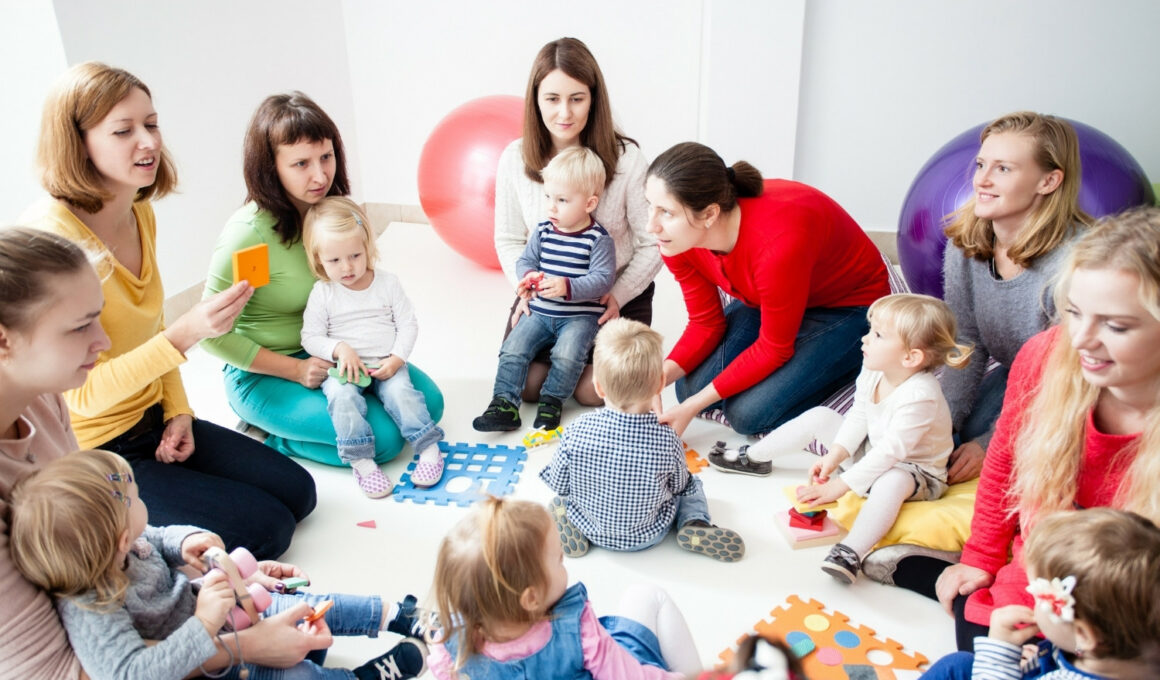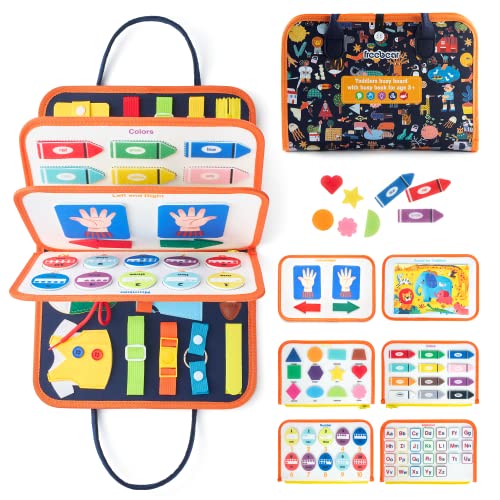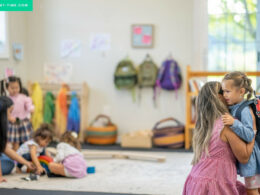In This Article Show
As a mother of three, I’ve navigated the vibrant landscape of early childhood development, witnessing firsthand the transformative impact that playgroups can have on young children.
In this post, we’ll explore the top 5 benefits of enrolling your child in a playgroup, drawing from both my personal experiences and insights from child development experts.
Playgroups have become an essential part of modern parenting, offering more than just a play date for children. They are a cornerstone for early socialization, providing a structured yet fun environment where toddlers and preschoolers can interact, learn, and grow.
As we delve into the reasons why playgroups are an excellent choice for your child’s development, remember, the goal here is simple yet profound – to give our little ones the best start in their journey of growth and discovery.
5 Benefits of Enrolling Your Child in a Playgroup
So, let’s explore together the reasons that make playgroups an ideal stepping stone in your child’s developmental journey.
1. Enhanced Social Skills
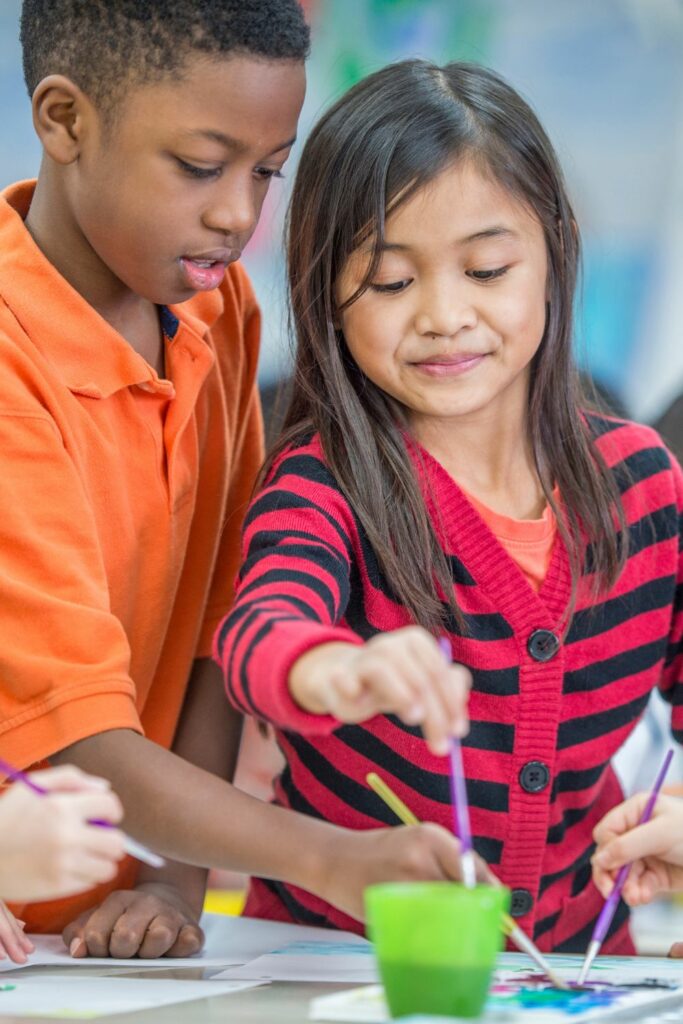
One of the most significant advantages of playgroups is the opportunity they provide for children to develop and enhance their social skills. In a playgroup setting, children are immersed in a social environment where they learn to interact with their peers, share toys, and take turns.
Great deals to snatch for your little ones 🎉
This interactive landscape is crucial for developing social understanding, communication skills, and the ability to make friends.
For instance, my middle child, initially shy, blossomed remarkably after joining a local playgroup. It was there she learned the art of conversation with other children, began to understand the nuances of sharing, and developed a sense of empathy by recognizing the emotions of her peers.
Such transformations are not unique; many parents and child development experts affirm the role of playgroups in nurturing these essential life skills.
2. Early Learning Experiences
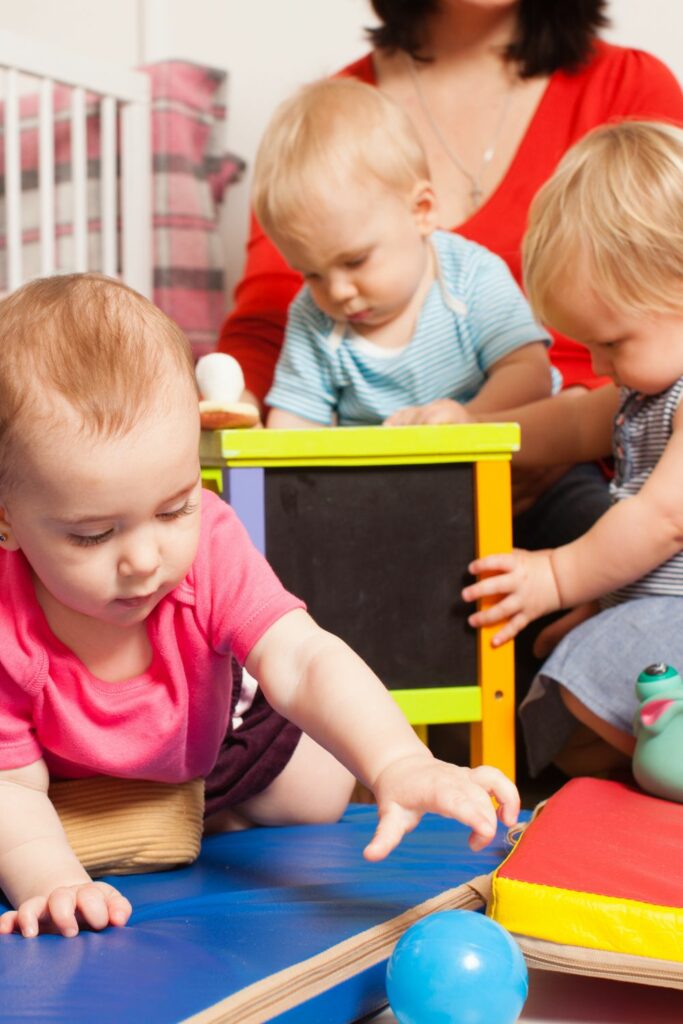
Playgroups aren’t just about play. They are a vibrant hub for early learning experiences, where educational activities are seamlessly integrated into play. This setting is crucial for young minds, providing a platform where learning happens intuitively and enjoyably.
In playgroups, educational activities are often designed to promote cognitive and language development. Activities like simple puzzles, building blocks, and story time are common, and they do more than entertain.
They challenge young minds, fostering problem-solving skills and creativity. My youngest, for instance, developed a keen interest in numbers and shapes through playgroup activities, which laid a strong foundation for her mathematical skills.
3. Emotional Development

Playgroups play a pivotal role in the emotional development of children. In these settings, young ones learn vital skills like emotional regulation and empathy, which are essential for their overall well-being and future interpersonal relationships.
In the dynamic environment of a playgroup, children encounter a range of emotions — from excitement and joy to frustration and disappointment. These experiences are invaluable for teaching them how to understand and manage their feelings.
For example, when my eldest had to navigate sharing toys and dealing with occasional conflicts, it wasn’t just about resolving the momentary issue. It was about developing the ability to handle emotions constructively, a skill that has served him well as he’s grown.
4. Promotes Independence and Confidence

Playgroups offer a unique environment where children can cultivate independence and build confidence, essential traits for personal growth and success. Through group play and activities, children learn to rely on their abilities, make decisions, and express themselves, all fostering a sense of autonomy and self-assurance.
In a playgroup, children are encouraged to explore and engage in activities at their own pace, making choices and sometimes taking the lead. This freedom to choose and act independently is instrumental in building self-reliance. For instance, I observed a remarkable transformation in my youngest child.
Initially hesitant to participate without my direct involvement, she gradually began to venture into activities on her own, choosing which games to play or which books to read. This shift reflected her growing independence and boosted her confidence in her abilities.
5. Support and Community for Parents
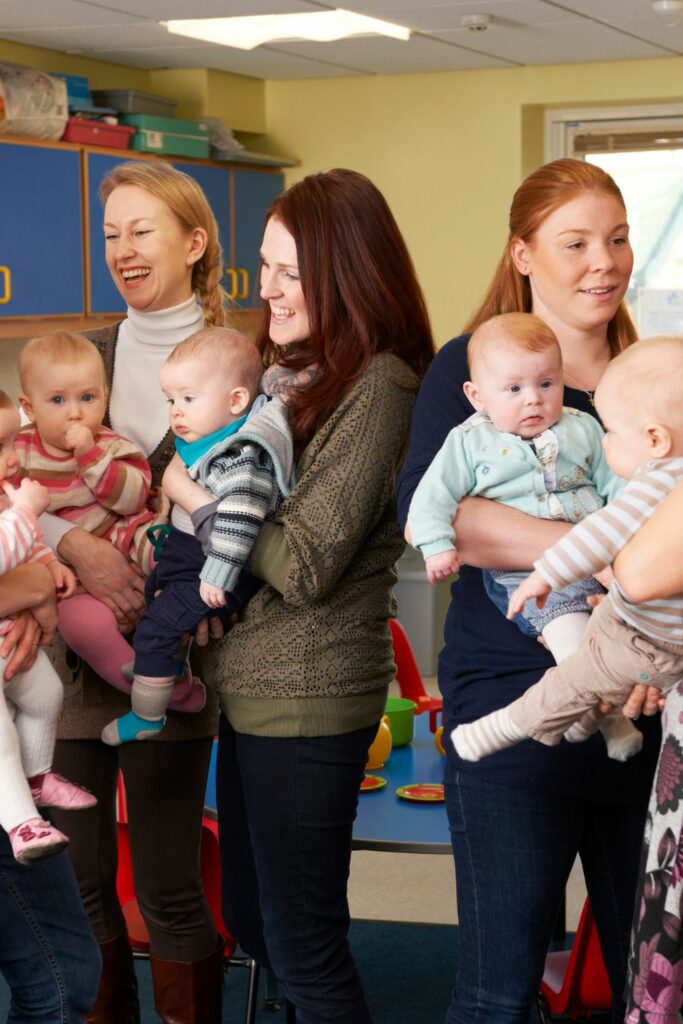
While the primary focus of playgroups is on children, they also offer significant benefits for parents, primarily in the form of community building and support networks.
Playgroups provide a platform where parents can connect, share experiences, and offer each other support, which is especially valuable in navigating the challenges of early parenting.
In these groups, parents find a sense of belonging and understanding. As a mother, I’ve experienced this firsthand. Joining a playgroup with my first child not only helped her grow but also connected me with other parents.
We shared tips, discussed parenting challenges, and celebrated our children’s milestones. This network became a vital support system, offering advice and empathy to those who were in the same boat.






